

Being a woman in 2021 is not easy. There is an overwhelming blanket of judgement and fear on social media or commercial cinema. Women are often objectified or are victims of various voyeuristic activities. Further aggravating these is the pandemic that has further enforced a digital shift leading to the internet becoming a dark hole, offering little to no room for kindness. In such a delicate time, it is pivotal that the girls and women, in general, know their rights; and one of them is education. From being a reserved luxury, education has now progressed to become a necessity. It ensures informed decision-making and an increased vigilance about one’s rights. However, this necessity is still perceived as a luxury in the eyes of many uninformed parents.
To change this stereotypical mindset and provide a channel to discuss pressing issues surrounding women, I, Anoushka Adya, along with my team members, Jyoti Adya and Trisha De Niyogi, founded Lajja Diaries. We are focused on creating an ecosystem that allows dialogue and awareness while also offering rehabilitation and support. “Shed the shame and share because real violence is in your silence” is what we sincerely believe in and is the concept that forms the bedrock of the organisation. We are guided by the conviction that listening to, and telling stories of women’s personal battles is a small but important step in them being recognised as equals and changing the narrative of their story by giving them adequate support. India’s progress will continue to be stalled till the time half of our society remains discriminated against. Therefore, in our endeavour of changing this statement, we staunchly criticise the concept of illiteracy of young girls.
Indian society has always questioned the premise of girl child education. Even today, young girls in many parts of the country are expected to become stay-at-home wives, are burdened by the responsibility of managing tedious household chores, followed by the pressure of birthing a boy.
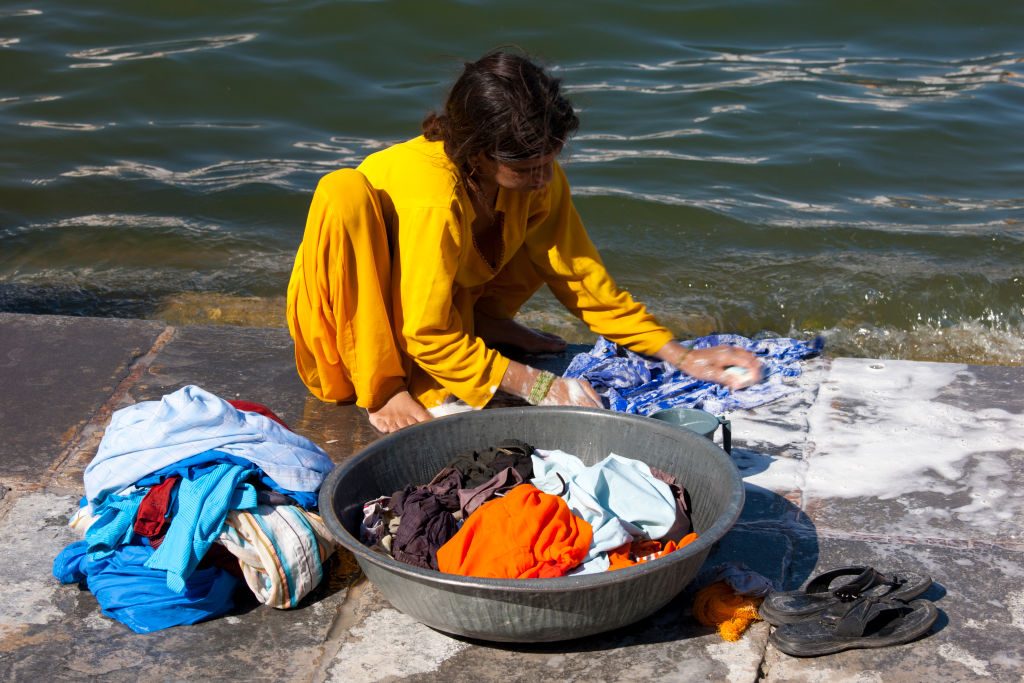
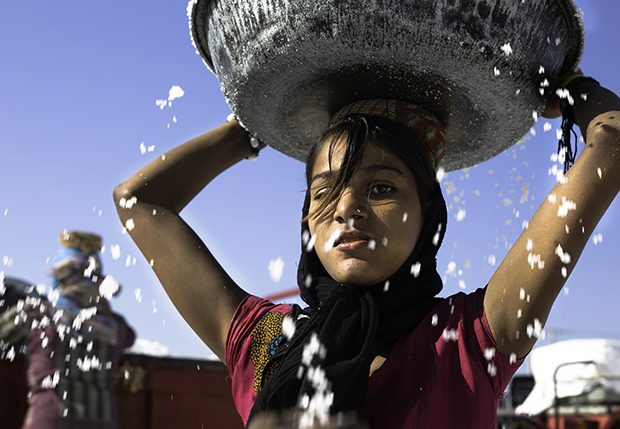
Indian society has always questioned the premise of girl child education. Even today, young girls in many parts of the country are expected to become stay-at-home wives, are burdened by the responsibility of managing tedious household chores, followed by the pressure of birthing a boy. This narrow-minded approach which is birthed by the lack of awareness and gender-infused patriarchy acts as a major obstacle in girl child education. Poverty, too, acts as a great hurdle in a girl’s educational future.
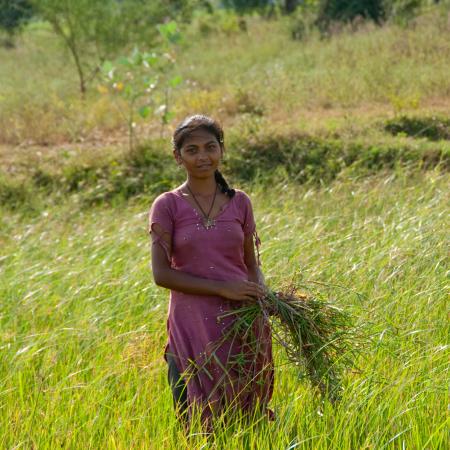
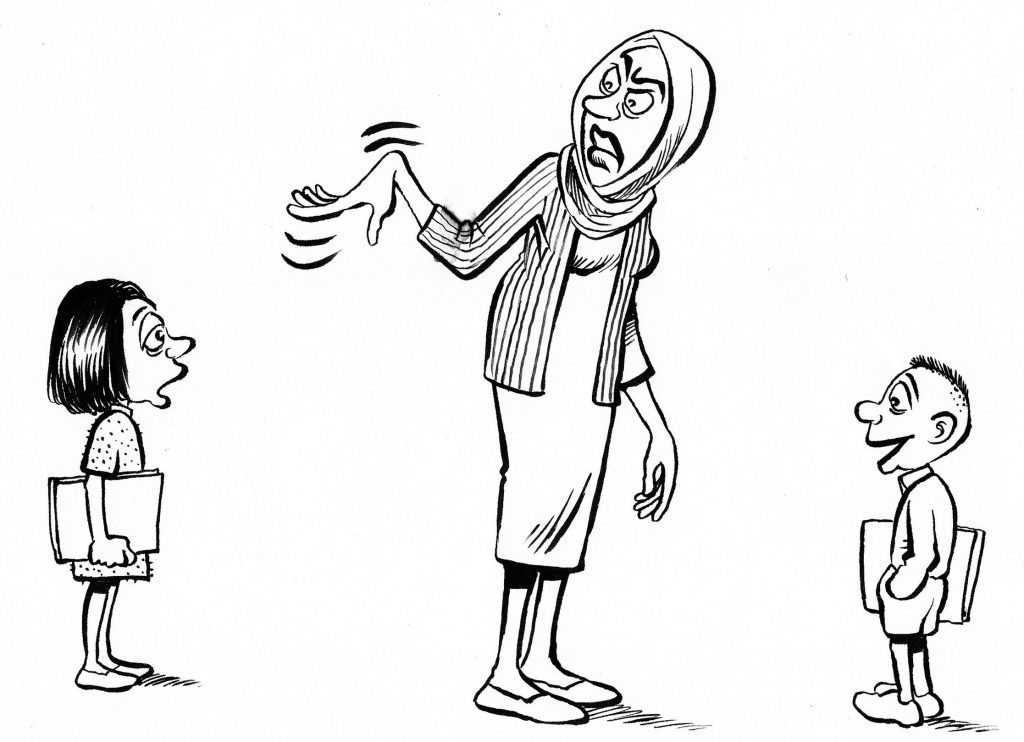
In many rural settings, a boy’s education gets higher priority. The girl child is either expected to help her father in the field or look after the daily household chores. Apart from this obsolete gender bias, many families still depend on daily wages for their survival. In such situations, the education of the girl child is often compromised. Even in areas where free education is offered, it can be difficult to manage the transportation cost, the minimal cost of stationery, etc. All of these add to the plight of these young girls.
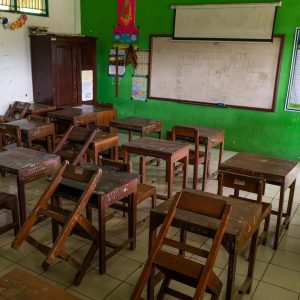 Amid these serious concerns, the emergence of the deadly pandemic has only made this situation worse. COVID-19 has disrupted the lives of many families. Limited awareness and lack of a substantiate healthcare system have cost us a significant loss of human and wealth resources. Furthermore, this sudden shift towards digitalisation was an unwelcome guest for many traditional families. Due to limited smartphone penetration, the concept of online schools was a major failure in many hamlets. People were flustered as there was little or no money to spend, and the extra expenditure of affording an internet service seemed impossible.
Amid these serious concerns, the emergence of the deadly pandemic has only made this situation worse. COVID-19 has disrupted the lives of many families. Limited awareness and lack of a substantiate healthcare system have cost us a significant loss of human and wealth resources. Furthermore, this sudden shift towards digitalisation was an unwelcome guest for many traditional families. Due to limited smartphone penetration, the concept of online schools was a major failure in many hamlets. People were flustered as there was little or no money to spend, and the extra expenditure of affording an internet service seemed impossible.
Today, a mere 12 per cent of girls have access to digital education compared to 35 per cent of boys. In our efforts to curb this problem and provide an impetus to girl child education, Lajja Diaries has launched #BetiProject. This programme will sponsor several girls in India who need basic nutrition, medication, counselling and education.
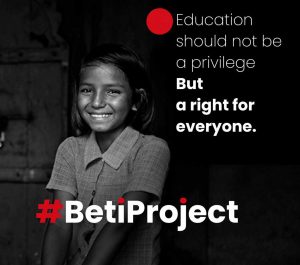 Apart from poverty and an inherent gender bias, the pandemic alone has created a colossal educational gap in our society. Today, a mere 12 per cent of girls have access to digital education compared to 35 per cent of boys. In our efforts to curb this problem and provide an impetus to girl child education, Lajja Diaries has launched #BetiProject. This programme will sponsor several girls in India who need basic nutrition, medication, counselling and education. It aims to help such girls by providing financial assistance so that they can complete their education. This campaign will work in tandem with the Lajja Foundation, which works with trainees to facilitate education opportunities in the lives of young girls.
Apart from poverty and an inherent gender bias, the pandemic alone has created a colossal educational gap in our society. Today, a mere 12 per cent of girls have access to digital education compared to 35 per cent of boys. In our efforts to curb this problem and provide an impetus to girl child education, Lajja Diaries has launched #BetiProject. This programme will sponsor several girls in India who need basic nutrition, medication, counselling and education. It aims to help such girls by providing financial assistance so that they can complete their education. This campaign will work in tandem with the Lajja Foundation, which works with trainees to facilitate education opportunities in the lives of young girls.
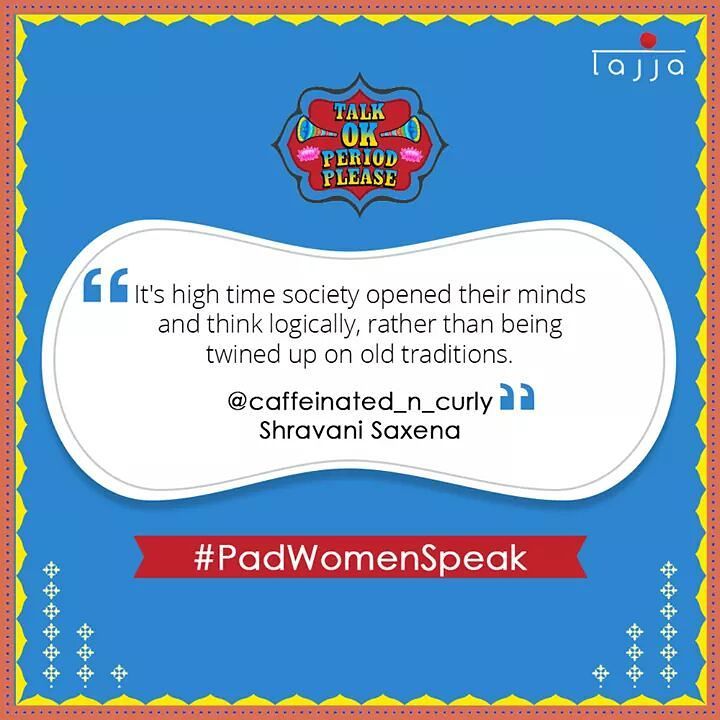 Menstruation also acts as a massive obstacle in a girl’s education. There is a tremendous stigma surrounding it, and the lack of proper infrastructure only worsens this issue. Menstruation is a natural process yet it is shamed by many cultures. Young girls are cornered in a small area of the house and are banished from all social activities. In small hamlets, many girls end up bunking classes because they cannot afford to buy sanitary pads or have no access to clean water and sanitation to keep themselves clean and prevent diseases. Girls with special needs and disabilities especially do not have access to the facilities and resources for proper menstrual hygiene. To spread more awareness about this, we started a campaign called #TalkOkPeriodPlease. This campaign empowered women all across the nation to debunk societal norms that shame menstruation. It encouraged a healthy exchange of thoughts and was appreciated by a large audience. Women and girls need to share their concerns and exchange information to promote healthy practices and break myths around menstruation. We also train them about menstrual health management to help them rise above unhealthy practices, enabling them to continue to stay in school and be equipped with the right information.
Menstruation also acts as a massive obstacle in a girl’s education. There is a tremendous stigma surrounding it, and the lack of proper infrastructure only worsens this issue. Menstruation is a natural process yet it is shamed by many cultures. Young girls are cornered in a small area of the house and are banished from all social activities. In small hamlets, many girls end up bunking classes because they cannot afford to buy sanitary pads or have no access to clean water and sanitation to keep themselves clean and prevent diseases. Girls with special needs and disabilities especially do not have access to the facilities and resources for proper menstrual hygiene. To spread more awareness about this, we started a campaign called #TalkOkPeriodPlease. This campaign empowered women all across the nation to debunk societal norms that shame menstruation. It encouraged a healthy exchange of thoughts and was appreciated by a large audience. Women and girls need to share their concerns and exchange information to promote healthy practices and break myths around menstruation. We also train them about menstrual health management to help them rise above unhealthy practices, enabling them to continue to stay in school and be equipped with the right information.
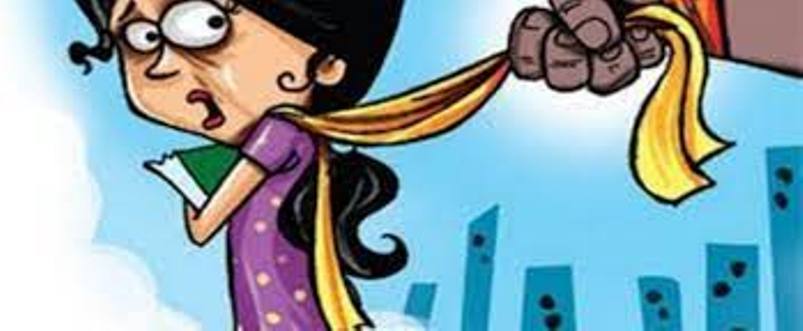 Safety is another major concern standing in the way of a girl’s education. Girls travelling alone cannot be guaranteed safety. The prevalent discourse surrounding recent events has brought this long-standing problem to the forefront of other issues. Gender-based violence can happen in various forms, including physical and sexual abuse, harassment, and bullying. Surviving rape, coercion, discrimination, and other types of abuse affects girls’ enrollment, lowers their participation and achievements, and increases absenteeism and dropout rates. This was an important consideration while forming the basis of the #BetiProject. Through this project, we wish to provide young girls with the opportunity to pursue an education. We would like to roll out this programme in several phases. In the first phase, our goal will be to support young girls one at a time across Delhi NCR and Mumbai by providing them with programmes/opportunities, digital facilities, counselling, basic infrastructure as well as, if required, reaching out and educating the families and monitoring their progress from time to time. We intend to provide more than just literacy or skills for survival. We aim to equip them with an education of the truest form while igniting awareness of social issues, teaching them to learn from them and make informed decisions. The aim will be to bridge any gap that stands in the way of their education.
Safety is another major concern standing in the way of a girl’s education. Girls travelling alone cannot be guaranteed safety. The prevalent discourse surrounding recent events has brought this long-standing problem to the forefront of other issues. Gender-based violence can happen in various forms, including physical and sexual abuse, harassment, and bullying. Surviving rape, coercion, discrimination, and other types of abuse affects girls’ enrollment, lowers their participation and achievements, and increases absenteeism and dropout rates. This was an important consideration while forming the basis of the #BetiProject. Through this project, we wish to provide young girls with the opportunity to pursue an education. We would like to roll out this programme in several phases. In the first phase, our goal will be to support young girls one at a time across Delhi NCR and Mumbai by providing them with programmes/opportunities, digital facilities, counselling, basic infrastructure as well as, if required, reaching out and educating the families and monitoring their progress from time to time. We intend to provide more than just literacy or skills for survival. We aim to equip them with an education of the truest form while igniting awareness of social issues, teaching them to learn from them and make informed decisions. The aim will be to bridge any gap that stands in the way of their education.
When a girl is educated, she is empowered to make decisions for herself and raise the standard of living for her and her family. Many a time, it is about convincing the girl’s family to allow the girl to continue her education and to make them understand the benefits they will reap in the long term as they view it as an opportunity cost in the short term.
When it comes to our future plans, we wish to expand the reach of the Beti Project so that more young girls across India gain access to education. When a girl is educated, she is empowered to make decisions for herself and raise the standard of living for her and her family. Many a time, it is about convincing the girl’s family to allow the girl to continue her education and to make them understand the benefits they will reap in the long term as they view it as an opportunity cost in the short term.
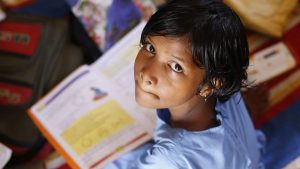
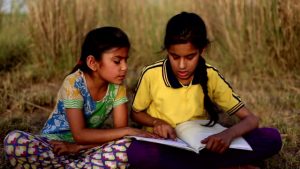

At Lajja Diaries, our constant effort is to revive a girl’s life by giving her the ultimate gift of education. Each girl becomes a part of the Lajja family, and we will be happy to have made a difference in their lives and help them fulfil their dreams. Hopefully, with appropriate partner support, the Lajja family will expand tremendously and will work to include many girls who are still deprived of their best potential lives and careers.
Apart from this issue, we shall continue to raise our voices against unjust malpractices that are subjected towards women and hopefully bring about a change in people’s mindset.
Lajja Diaries
Conceived on the 2nd Anniversary of the horrific Nirbhaya rape, and now in its seventh year of operation, Lajja Diaries is a community of 24,000 women who wish to create a strong network to move fast from awareness to counsel and support. This gave birth to the Lajja Foundation, an entity dedicated to gender equality and women empowerment in India. It works in India to make the vision of gender equality a reality for women and girls and stands behind women’s equal participation in all aspects of life.
Anoushka Adya is the Founder of Lajja Diaries.

